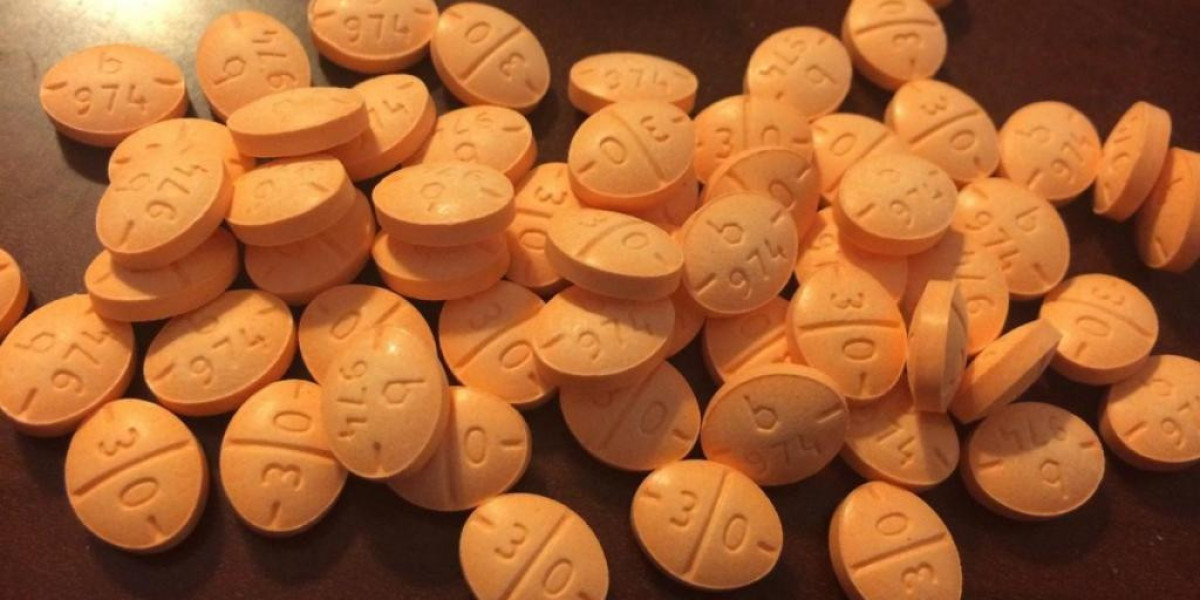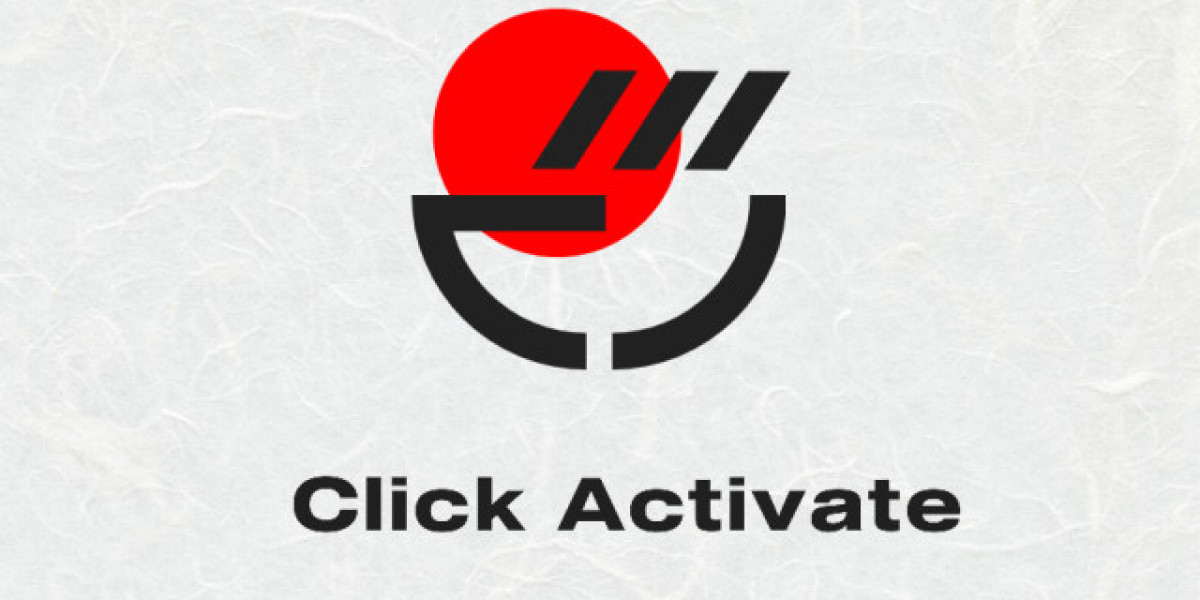When individuals learn they can buy Adderall online – no RX required, they’re often drawn by the appeal of speed, simplicity, and perceived cost savings. They imagine skipping clinic visits, avoiding waiting rooms, and receiving medication discreetly at home. However, this path raises crucial questions about legality, safety, and authenticity. In this in-depth guide—structured as an inverted pyramid—they get the essential facts upfront and then deeper context on medical risks, transactional nuance, regional relevance (especially for U.S. residents), and guidance on making informed decisions—all before ending with FAQs and a decisive call to action.
Key Takeaways Up Front
At the top of their concerns: “Is it legal and safe to buy Adderall online with no prescription?” The answer is complex and depends on several factors. They are offered:
Telehealth platforms that bypass traditional in-person prescriptions
Virtual assessments by purportedly licensed clinicians
Access to brand-name and generic amphetamine salts
Delivered medication without visits—but often at questionable legitimacy
While convenience is real, legality and safety are often murky when prescriptions are bypassed. They must weigh speed against risk.
U.S. Regional Insight: Why State Matters
For patients in Texas, Florida, or New York, medical and legal frameworks vary. Bypassing a formal prescription can:
Violate federal DEA regulations governing Schedule II substances
Intersect with state-level prescription drug monitoring programs
Risk enforcement action depending on local law enforcement
Thus, while they may skip doctor visits, they cannot sidestep jurisdictional oversight.
Why They Are Drawn to No-RX Options
The appeal hinges on three factors:
Speed: No clinic visits or lab orders—just virtual intake and near-instant access
Ease: Order placed from home, with fast shipping and often overnight delivery
Perceived Cost Savings: Lower initial costs—though downstream risks can outweigh them
Yet these conveniences often obscure critical safety—and ethical—concerns.
How the Process Typically Works
1. Virtual Intake and “Assessment”
They fill out a medical history form and may “consult” via chat. However, these assessments often lack depth and standardized checks.
2. Digital Prescription Issuance
Prescriptions are issued without physical exams, lab tests, or adherence to prescribing guidelines—raising legitimacy concerns.
3. Medication Selection and Ordering
They select brand or generic options, with pricing displayed. But authenticity and dosage accuracy can be inconsistent.
4. Discreet Shipping
Medicines are shipped in unmarked packaging—convenient but lacking chain-of-custody verification and quality control.
5. Ongoing Access
Without legitimate prescriptions, refills may come through questionable means, lacking regulated follow-up.
This process prioritizes convenience—but may compromise medical integrity.
Commercial and Transactional Dimensions
While they are drawn to no-RX platforms for immediacy, they face transactional risks:
No insurance coverage or legal protections
No pharmacist oversight on drug interactions or dosage errors
Risk of counterfeit products or mislabeling
Limited post-purchase medical support
Cost may look lower upfront—but downstream risks can be costly and dangerous.
Generic vs. Brand: A Clouded Choice
These sites often market generics as cost-effective alternatives. But due to lack of regulation:
Bioequivalence may not be reliably verified
Dosage consistency could vary between batches
Impurities or counterfeit contents pose health hazards
They may save money, but at potential risk to efficacy and safety.
Safety and Regulatory Concerns
Legitimate medical standards are often missing:
Prescribers may not undergo thorough telehealth evaluations
Pharmacies might lack DEA or state licensing credentials
Packing/shipping may skip FDA compliance and pharmacy oversight
Absence of pharmacist consultation removes vital safety checks
This raises alarms around quality and lawfulness.
Misleading Visibility and Search Optimization
These platforms lean on content designed to capture attention:
Targeted keyword clusters like “no RX,” “fast shipping,” “cheap Adderall”
Testimonials that rarely disclose legal nuance
Content that highlights speed and cost over best medical practices
Consumers may be misled by slick marketing that emphasizes convenience over care.
User Experience & Risk Mitigation
For those still considering this route, here are ways they can reduce risk:
Verify provider credentials and state licenses
Check pharmacy licensing and DEA accreditation
Request batch testing or certificates of analysis
Use secure payment methods with fraud protection
Preserve digital records of correspondence and order details
These steps may provide minimal safeguards—but cannot replace safe, legitimate prescribing.
Ethical and Medical Oversight
Skipping formal prescriptions also skips medical best practices:
No evaluation of side effects, contraindications, or misuse potential
No long-term monitoring for dependency, tolerance, or therapeutic adjustment
Risk of revealing ADHD symptoms that require behavioral or non-stimulant treatments
Lack of access to alternative therapies or comprehensive care plans
A medical diagnosis—even via telehealth—ideally triggers ongoing oversight, not one-off convenience.
FAQs
Q1: Is buying Adderall online with no RX legal?
Generally not under DEA regulation. Controlled substances require valid prescriptions. Platforms claiming otherwise may be violating U.S. law.
Q2: Are no-RX versions safe and authentic?
They cannot guarantee safety. Without pharmacy regulation, dosage, purity, and authenticity are uncertain.
Q3: What’s the medical risk?
Potential for overdose, drug interactions, cardiovascular strain, and no forensic record of side effects or misuse.
Q4: Can insurance cover any of this?
No—transactions bypass medical billing and insurance pathways, making cost a pure out-of-pocket risk.
Q5: What if they’re anonymous?
Privacy does not equal safety. Anonymity often accompanies lack of accountability in product quality and medical oversight.
Conclusion
While the promise to buy Adderall online – no RX required may appeal for its speed and perceived cost advantages, it brings significant legal ambiguities, quality concerns, and medical safety risks. The apparent convenience comes at the potential expense of regulatory compliance, accurate dosage, and patient oversight.
When individuals truly need ADHD treatment, they’re best served through legitimate telehealth services with licensed prescribers and accredited pharmacies—even if that process demands a traditional prescription. They gain far more in patient safety and treatment efficacy than they might with a risky no-RX shortcut.
Let them make an informed choice. If they value safety, quality, and legal certainty, they should connect with our trusted platform today to begin a telehealth consult. Get the correct diagnosis, professional prescription, and securely delivered, medicated care—without compromise.








